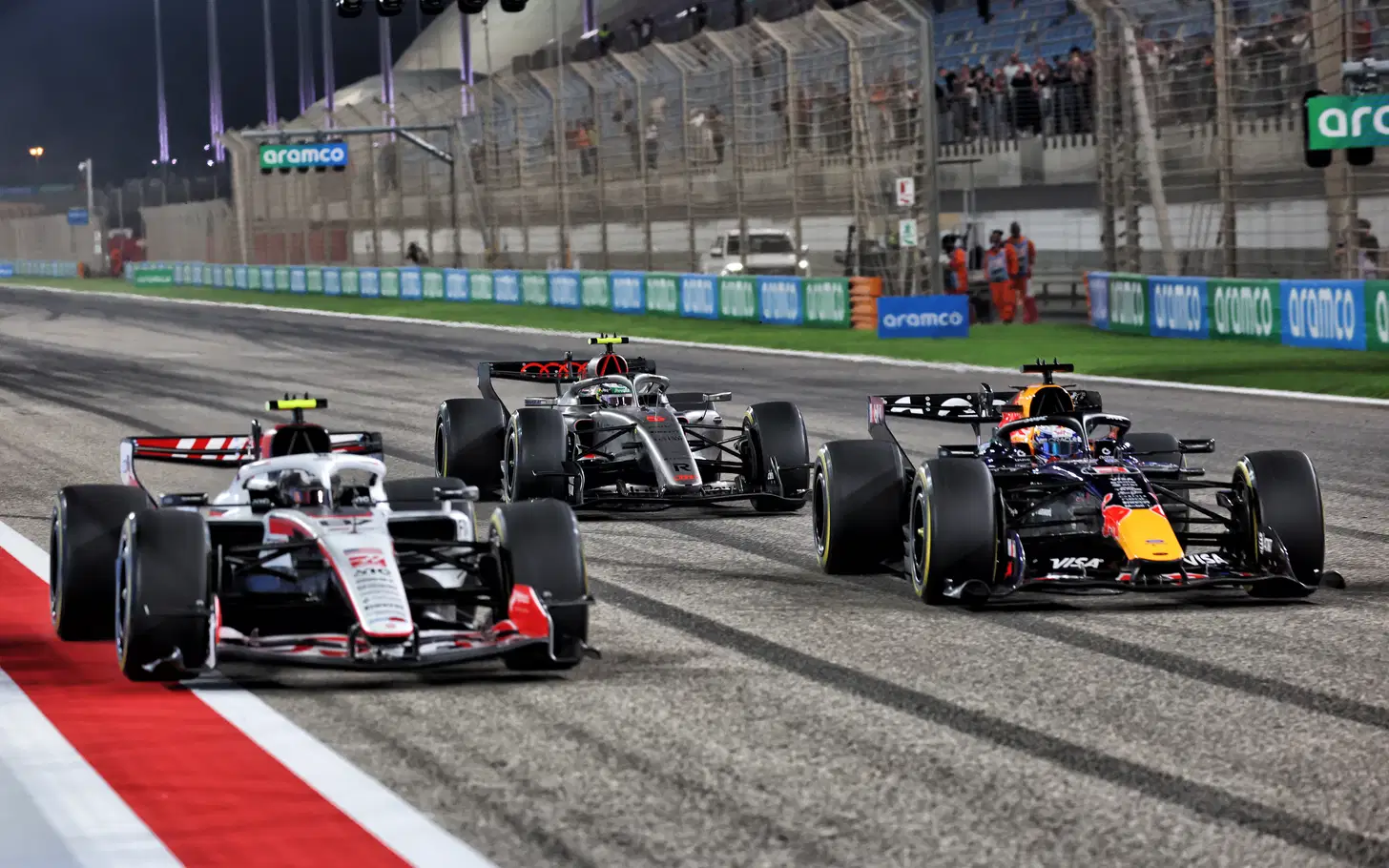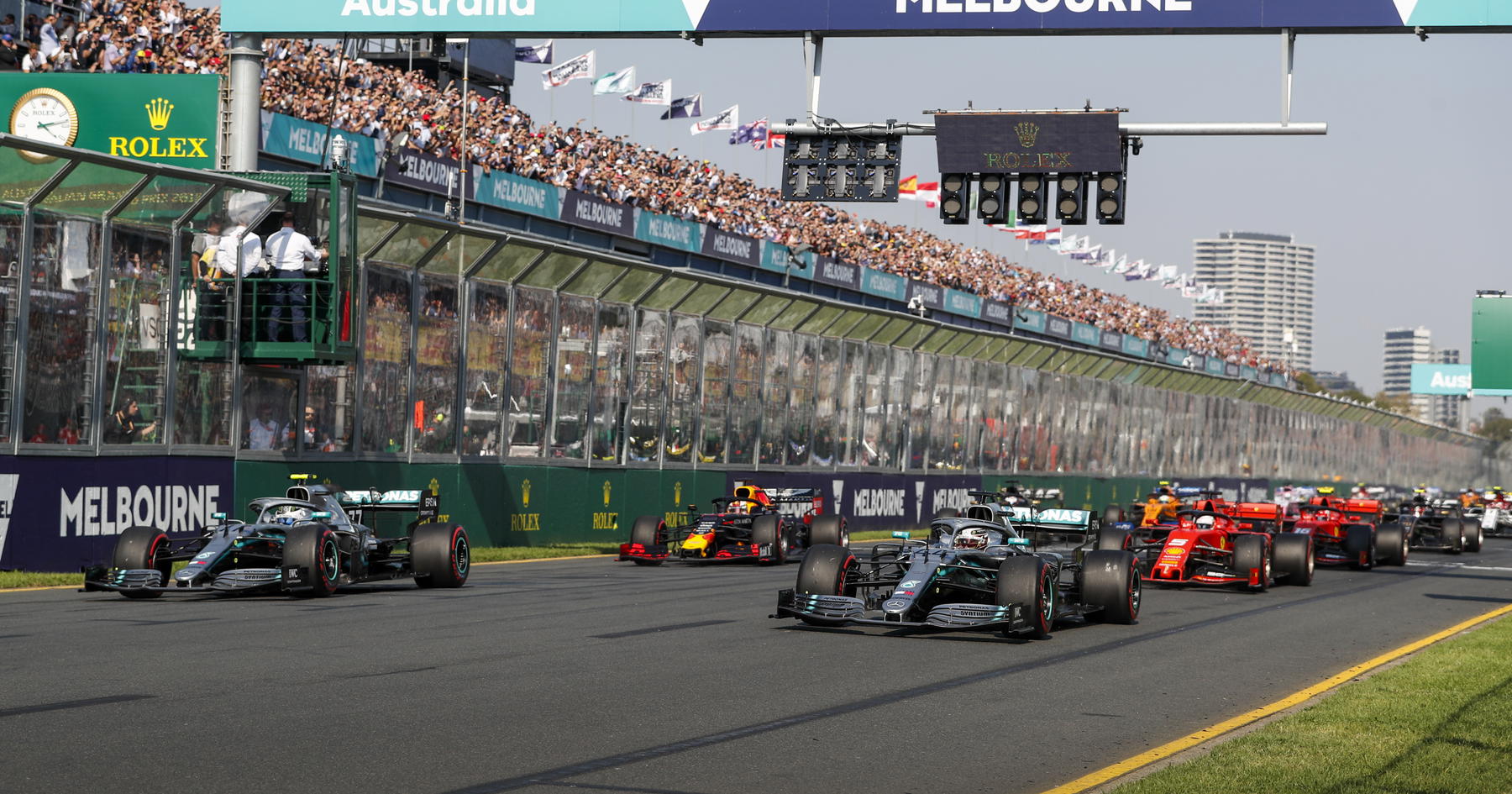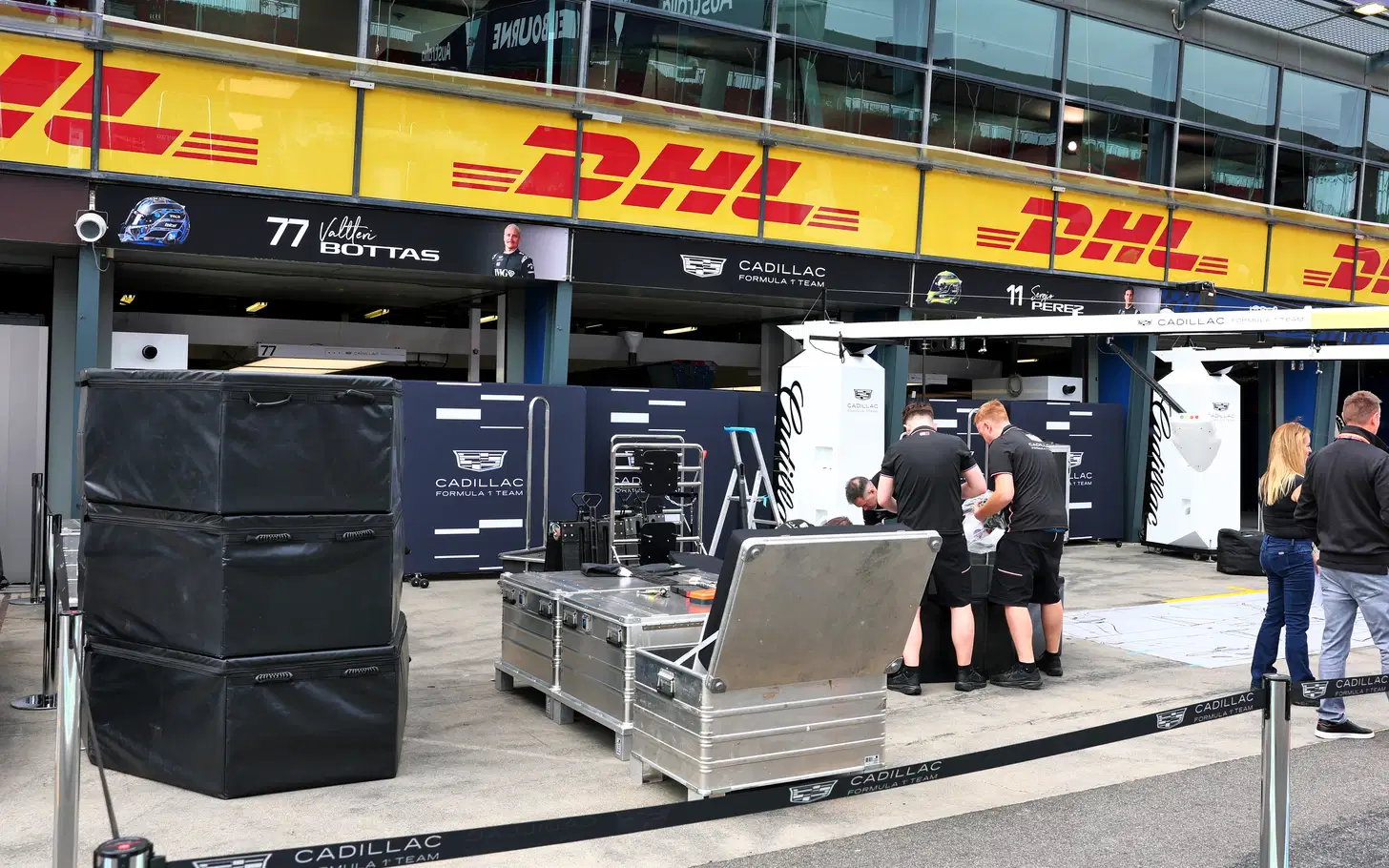McLaren Slam Red Bull Over Verstappen’s Brazil Engine Change as Formula 1 Faces Fresh Controversy
Formula 1 has once again been thrown into turmoil following Red Bull Racing’s controversial decision to change the power unit in Max Verstappen’s RB21 during the 2025 Brazilian Grand Prix. The move, which many are calling a strategic gamble, has prompted McLaren to question whether the reigning champions acted within the sport’s financial regulations — reigniting one of the most sensitive debates in modern F1: the integrity of the budget cap.
The issue came to light after a difficult qualifying session for Verstappen, who suffered a rare early exit in Q1 due to an error on his flying lap. Starting from 16th on the grid, Red Bull made the bold decision to replace his entire Honda power unit and tweak the car’s setup overnight. Since Verstappen would start the race from the pit lane, the team was free to make such extensive changes without breaching parc fermé conditions.
That decision proved crucial on race day. Verstappen charged through the field with characteristic precision and aggression, eventually crossing the line in third place behind race winner Lando Norris for McLaren and young Mercedes sensation Kimi Antonelli. What appeared to be a clever recovery drive, however, soon became the subject of heated discussion across the paddock.
McLaren’s team principal, Andrea Stella, voiced strong doubts about the necessity and legality of Red Bull’s decision. Speaking to the press after the race, the Italian engineer pointed out that modern F1 power units are designed to maintain consistent performance levels over long mileage — making such a full replacement highly unusual.
“In terms of performance, these engines don’t normally show significant deterioration after a few races,” Stella explained. “So, under normal circumstances, a team wouldn’t take the decision to swap the entire engine or accept a penalty unless there was a clear mechanical issue. Here, that doesn’t seem to be the case. The benefit they gained doesn’t appear to outweigh the supposed loss.”
Stella’s comments quickly drew attention to a deeper, more contentious issue — whether the cost of such a power unit replacement should fall within the sport’s strict $135 million annual budget cap. Introduced to ensure a level playing field and prevent financial domination by richer teams, the cost cap has been a controversial yet vital component of Formula 1’s recent regulatory framework.
“This type of change also poses a regulatory question,” Stella continued. “I would like to understand if the cost of that new engine is counted within the budget cap or not. If it was replaced for performance reasons, it should absolutely be included. That’s one of the reasons why we at McLaren wouldn’t do something like this — because we operate under clear limits and principles of fairness.”
The McLaren boss’s remarks have reopened old wounds in Formula 1’s ongoing debate about financial transparency and rule enforcement. Red Bull’s name carries particular weight in this discussion due to their previous breach of the cost cap in 2022, which led to a financial penalty and a reduction in aerodynamic testing time. Many rival teams have since accused the Milton Keynes outfit of exploiting loopholes in the regulations to maintain a competitive edge.
For McLaren and others, Red Bull’s latest move raises the specter of another potential gray area in how the FIA monitors spending and resource allocation. While no official complaint has been filed yet, insiders suggest that McLaren and possibly other teams will seek formal clarification from the FIA regarding whether the new engine installation is fully compliant with cost cap rules.
This latest flashpoint comes at a time when the sport is preparing for major regulation changes in 2026, including new power unit formulas and increased sustainability targets. With every team under pressure to balance performance gains against tight financial constraints, even minor regulatory interpretations can lead to serious disputes.
As Stella summarized, “Formula 1 is a competition not only on the track but also in how teams interpret the rules. However, when interpretation turns into advantage through questionable means, the sport’s integrity comes into question. That’s why these things must be clarified openly.”
So far, Red Bull has not issued an official response to McLaren’s criticism. Team principal Christian Horner has maintained throughout the season that the team operates within both the technical and financial limits set by the FIA. Still, the growing scrutiny from rival teams and media could compel the governing body to release a detailed explanation or conduct a formal review.
In the meantime, the Brazilian Grand Prix result remains unchanged, but the controversy surrounding Verstappen’s engine change continues to ripple through the paddock. As Formula 1 edges closer to a new era of regulations and power unit independence, questions of financial fairness, regulatory consistency, and sporting ethics are once again taking center stage — proving that in F1, the battles off the track can be just as intense as those on it.




